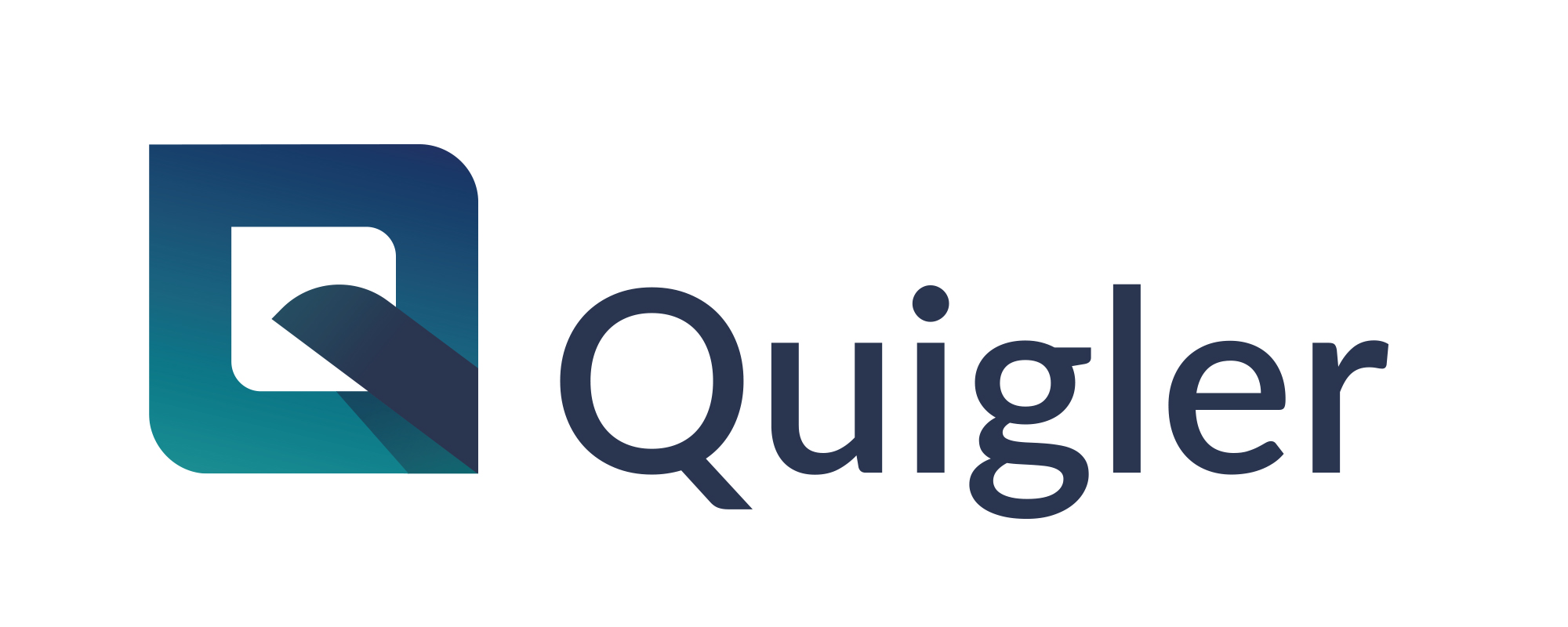In a previous article titled “Trust still matters” I emphasized the importance of trust for the future of our industry. If real live people are going to remain at the center of the real estate transaction, the agent and broker must acquire and retain the trust of the consumer.
But, how do we do it? Below are six starting points for developing baseline trust.
1. Market Knowledge: people trust people who know what they are talking about. I think this is one of the biggest problems with our industry. Agents often talk off the cuff about the market and if you listen closely to the answer most agents give to probably the most common question asked agents: how’s the market? you will probably learn that the market is as good or as bad as the agent’s last deal. If an agent is in the slump, the market is bad. If an agent is doing well, the market is doing well. Most agents have no idea how to answer this most frequently asked question.
I’m always shocked at how little agents know of what is going on in their market. I’m shocked at how few do a monthly or quarterly market report. Worse, they often do not know the most elementary factoids about their market like the average price? the median price? the days on market? the absorption rate? Every agent needs these factoids on the tip of their tongue to demonstrate elementary market knowledge. Without it how can a consumer trust an agent to know what they’re talking about?
Such market knowledge is critical to buyers and sellers from doing a CMA to helping consumers discern where the market is going and when it is moving. Try asking 10 agents any of the above questions and you will be shocked at what they don’t know.
2. Transparency: offering transparency to consumers is vital to creating trust. What should an agent be transparent about?
Answer: start with the transaction process. Consider: on page 64 of the latest NAR Profile it says the “foremost” benefit buyers believe in using a real estate agent is “help in understanding the buying process (61 percent).” That is 61% of ALL buyers, not just first timers. Not surprisingly, first timers are at 80% who want help in understanding the process. When asked what was “most important” to buyers, 94% of ALL buyers said “knowledge of purchase process.” (p74).
3. Communication: tied to transparency is communication. Every manager dreads the call from a consumer saying: “I listed my property two months ago with your firm and I have no idea what my agent is doing.” Lack of communication is a destroyer of trust and over-communicating helps build trust. Communicating constantly demonstrates that an agent is not hiding anything (transparency again). The NAR Profile makes the importance of communication abundantly clear by indicating that 95% of all buyers said “responsiveness” was “very important” to them while 89% valued as “very important” an agent’s “communication skills.”
How many agents give daily briefings to clients? How many do a written update letter?
Answer: not enough.
4. Compliance: When 94% of all buyers say it is most important to have “knowledge of the purchase process” they not only mean they want to be sure their agent is complying with the maze of federal laws, state laws and some ethical code of conduct, they also want their agent to make sure THEY are also complying with laws like fair housing, lead paint, money laundering, RESPA and local laws and ordinances. Believing that an agent is compliant with the laws and regulations and helping make sure the consumer is, too, builds trust.
5. Ethics: The # 1 quality consumers look for in an agent is “honesty and integrity” at 98%. So why are so many consumers ignorant that our profession is governed by a Code of Ethics?
Answer: because we don’t tell them.
Recently, I’ve been doing in person consumer research seminars and asking consumers questions like: “Who has ever bought or sold real estate through an agent?” Almost all hands go up. Then, I ask: “For how many of you was it a good experience?” Most hands go down and I am often left with about 10% left up. But worse, from the audience, there is usually some laughter at the very question of a good experience and some groans. Then I ask: “How many of you are aware that the industry is governed by a Code of Ethics?” Shockingly, very few hands go up. You can read on their faces: “a Code of Ethics for real estate agents, come on?”
Agents need to remind every prospect of the Code by which all REALTORS® are bound. Why not bring a copy to a listing or buyer presentation and hand it over saying: “I thought you might like to know that I strictly follow the rules of the Code of Ethics of the National Association of REALTORS®. Here is a copy for you to keep.” I think every buyer and seller would like to know that.
I also doubt that most agents even know that the Code is what has inspired most state laws, not the other way around. The Code is over 100 years old and is a living document that changes with the times, but its ability to instill trust is timeless.
6. Accountability: all the above helps create accountability, something agents just do not talk enough about. Many agents prefer to brag about how great they are rather than how accountable they will be. Yet, today the need for and the desire for accountability is all around us. That is why consumers like rating and grading sites that allow them to instantly hold a vendor accountable, with a rant, if necessary. There is no doubt an agent who is viewed as accountable is an agent viewed as worthy of trust.
No doubt, you can add more ways to earn trust. Help the dialogue by commenting below.
David Michonski is the founder of Quigley, an app that helps agents create consumer trust. His blog is Quigler.com/blog and he can be emailed at David@Quigler.com





